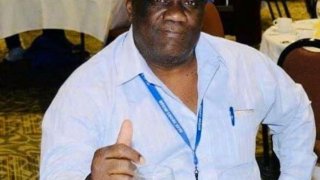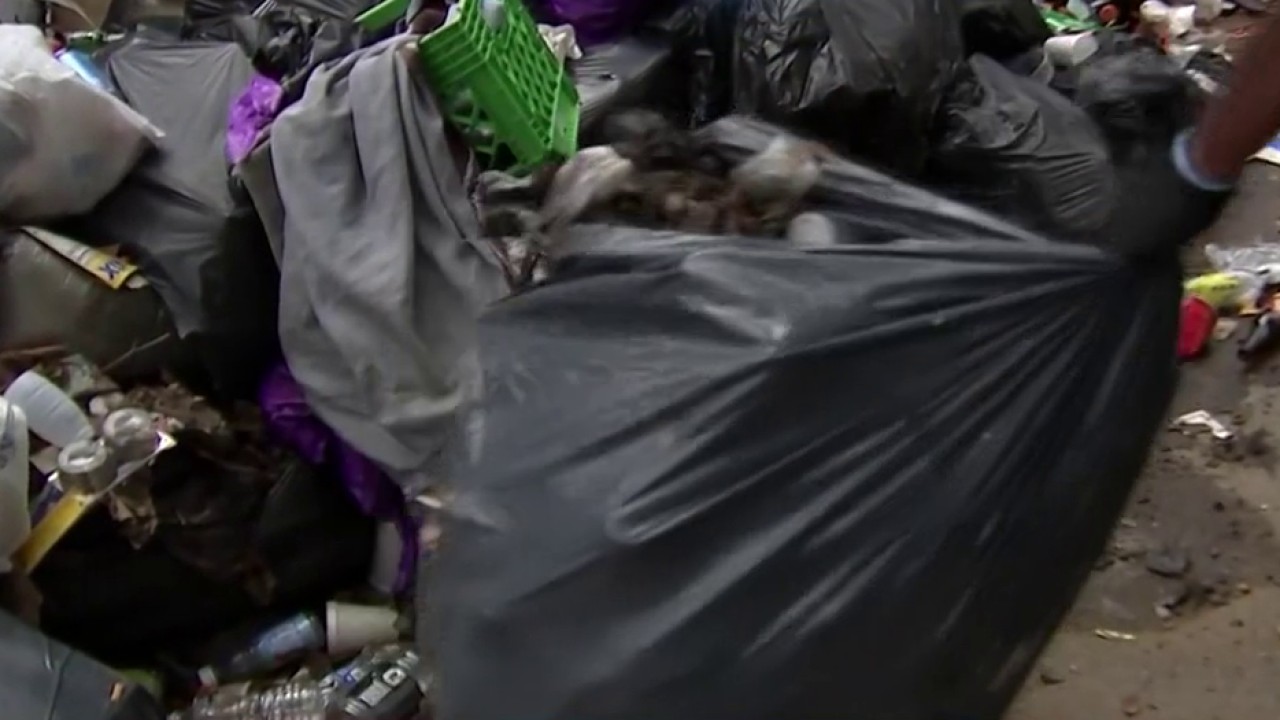
The family of a meat plant worker who died from the coronavirus is suing his employer over safety practices that put him “in the crosshairs of a global pandemic.”
Enock Benjamin, 70, a union steward at the JBS Souderton beef plant, died April 3. A week prior, an outbreak of COVID-19 cases in the workforce had shut down the plant for cleaning.
Before the closure, as coronavirus became more widespread in Pennsylvania, JBS ramped up production to meet demand - adding a “Saturday kill” to the schedule, attorneys for Benjamin’s surviving relatives say. At the same time, workers were still coming in without masks.
On April 2, with Benjamin already sick at home, the company provided protective equipment for workers, the suit says. Benjamin died the next day.
The civil suit was filed Thursday in the Philadelphia County Court of Common Pleas by the firm Saltz, Mongeluzzi & Bendesky.
Jeffrey Goodman, one of the firm’s four attorneys who signed the civil complaint, said it’s the first wrongful death case in Pennsylvania related to a worker who contracted coronavirus at work.
Benjamin, who had worked in the plant since 2008, worked in unsafe conditions without the proper protective equipment as cases were spreading, the lawsuit claims. Workers are typically in close quarters for hours at a time.
Local
Breaking news and the stories that matter to your neighborhood.
“That’s why it’s not surprising that when one worker got sick, others did,” Goodman said. The head of Benjamin’s union, United Food and Commercial Workers Local 1776, previously told NBC10 there were more than 100 total cases at the 1,400-worker plant in Montgomery County, the largest beef facility this side of Chicago.
A JBS spokesperson did not respond to a request for comment Thursday. A statement issued last month said the company had made progress on safety issues, including providing and requiring masks; installing barriers to separate workers and limit transmission of the virus; staggering start, stop and break times; doing deep cleaning every day; and requiring sick workers to stay home.
"While we cannot know for certain how, where or when our team members were infected given the widespread nature of the virus, each case is heartbreaking," the April 28 statement read.
A JBS plant in Greeley, Colorado, was among the hardest hit by the virus in the country, Goodman said. JBS' U.S. parent company is also headquartered there and is named in the suit along with JBS' international parent company, located in Brazil.
Attorneys chose to include the top levels of the company in the suit because the decision to keep working without masks and other PPE until April 2 is influenced by the top, Goodman added.
But in March and into April, the company did not abide by its responsibility to its workers, according to the suit and Goodman.
“Too late for Mr. Benjamin,” he said. “...There is no excuse for the fact that it wasn’t done back in March.”
Whether they have paid sick leave or not - and the JBS statement does mention leave with pay and benefits for “vulnerable populations” - many workers are staying home due to contracting the virus or to avoid it. That has caused a dip in the nation’s meat supply and a spike in prices.
After President Trump issued an executive order for meat plants to stay open and not harm the supply chain, OSHA and the CDC released safety guidance for meat companies to operate during the pandemic. Seemingly anticipating lawsuits, the agencies included language about what would happen in a suit over coronavirus cases at work - saying employers making "good faith" efforts to follow the rules would not need to fear a suit.
But, “when they don’t do what they’re supposed to do, they’re subject to liability,” Goodman said.
Benjamin, who immigrated to the U.S. from Haiti, is survived by wife Mireille, their daughter Debbie, a granddaughter, and son Ferdinand, whose name is on the suit, attorneys said. The family lives in lower Northeast Philadelphia.
A co-worker writing about Benjamin in the New York Times said he “did so much to defend the rights of his colleagues ... he loved to work, and he worked until the last moment he could.” That quote and others from the piece were included in the suit.
The suit seeks damages from the companies for Benjamin’s death, as well as his future potential earnings, due to “gross negligence, carelessness, recklessness, [and] outrageous conduct” including failing to close the plant while cases were present.
“Moving forward, every business owner who is going to reopen the business or is staying open, needs to take into account the safety of their workers and the safety of clients or other individuals coming into their workplace,” Goodman said.



